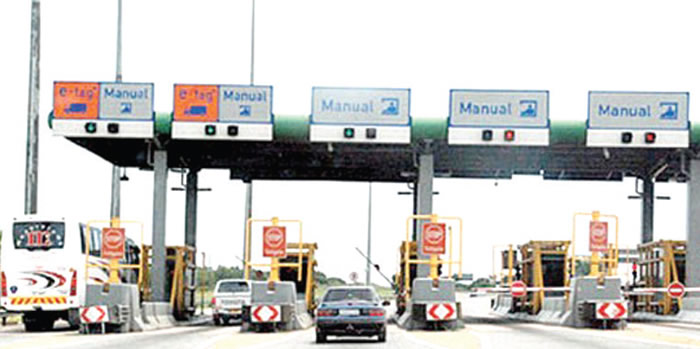Photo caption: Seme Border
THE worrisome influx of terrorists and other criminals into Nigeria from neighbouring countries has long defied effective solutions. As part of efforts to solve the problem, the Chief of Defence Staff, Christopher Musa, advocated fencing the country’s porous borders.
At a recent security summit in Abuja, Musa noted the critical nature of border management, pointing out that Pakistan fenced 1,350 kilometres of its borders with Afghanistan, and that was the only time they had peace. “Saudi Arabia and Iraq, with a 1,400 km border, are completely fenced,” he added.
Nigeria has approximately 1,608 km border with Niger Republic and 1,975 km with Cameroon, 809 km with Benin and 85 km with Chad.
Insurgent groups like Lakurawa and other illegal immigrants enter the country from the embattled Sahel region through these porous borders. Musa said, “If the Sahel falls, it is Nigeria that they are interested in.”
The influx of these unwanted elements strains the local economy, including the health and education sectors. Citizens are at risk of contracting deadly infectious diseases like Ebola. Many of them are responsible for terrorist activities, cattle rustling, banditry, kidnapping and robbery.
The porous borders account for the prevalence of human and small arms trafficking in Nigeria, contributing to rising insecurity in the country.
The Federal Government has made feeble attempts to stop illegal migration. Last year, it deported 828 illegal immigrants. In February, the Nigerian Immigration Service deported 155 people. In April, 62 people who illegally entered the country from Mali were deported. Yet, thousands of illegal migrants live, work and trade in Nigeria, many of them entrenched in urban communities.
Border walls are available in over 70 countries. These include Botswana, Hong Kong, India, North Korea and South Korea, South Africa, Egypt, Mozambique, Iraq, Israel, Afghanistan, Kuwait, Spain, United Arab Emirates, Saudi Arabia, and Uzbekistan.
The United States has a long fence with Mexico. About 19 boundary walls or separation fences surround or cross the European Union/Schengen area.
Despite the land border walls, thousands of refugees still enter Europe every year through the sea and some other dangerous routes.
For Nigeria, securing the borders is a function of many factors. One, security operatives at the borders must be committed.
Many have turned the borders into a means of livelihood and do not bother about the criminal activities going on there. This must change.
Two, in April 2014, the then Comptroller-General of the NIS, David Parradang, said that though the country had only 84 approved land border control posts, there were over 1,400 illegal unmanned border routes across over 4,000 square kilometres in the country.
He cited Adamawa with five official control posts and 80 illegal routes, and Ogun with 83 illegal routes as typical examples.
“We have some people who have their bedrooms in another country and their sitting rooms in Nigeria; the windows open to another country, so, how do you tell that person that he should not cross the border?” Parradang wondered.
Given these challenges, questions arise about Nigeria’s ability to afford the enormous cost of fencing its borders amid current economic conditions.
Alternatively, the country may consider deploying drones and other technologies such as border surveillance systems, electronic sensors, and smart surveillance equipment to help effectively monitor and secure its borders.
There should be an increase in intelligence gathering along the border communities. With this, there may not be much need to physically secure the borders.
It is essential that Nigeria revives its friendship and deepens diplomatic ties and military cooperation with neighbours.
Indeed, securing Nigeria’s borders demands a comprehensive strategy that includes committed security personnel, technological surveillance, intelligence sharing, and regional cooperation to effectively stem the infiltration of terrorists, criminals, and illegal migrants.
=== Punch Editorial Board ===



